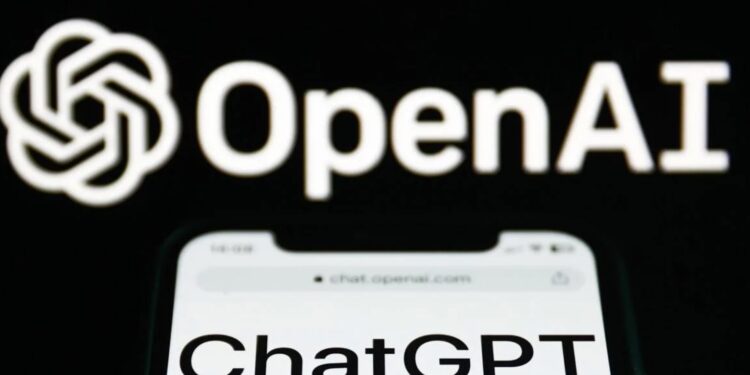OpenAI has announced its grand plans to transform its signature AI model, ChatGPT, into an all-encompassing “AI Super Assistant” that will get to “know you really well” and become an integrated part of your life, spanning multiple applications and platforms.
Internal strategy documents, which have come to light recently, detail OpenAI’s ambitions to shape ChatGPT into a customizable entity with “T-shaped skills” , an individual that can do many different things (like most people can) but also has deep, specialized skills.
Developers envision ChatGPT as a source not just a service: They want it to be a reliable, friendly helper available throughout OpenAI’s website, on its mobile apps and via email, phone, and third-party platforms.
This custom made AI would store knowledge of users with a dedicated history, learn from discussions and even make suggestions for thousands of different tasks.
The company says it’s focused on ChatGPT’s evolution as an “intelligent agent” capable of handling general tasks (like scheduling meetings, sending emails, looking up information, or planning an event) and specialized tasks (like programming, analyzing data sets, or solving technical issues).
Central to the push toward this is the progress they’ve made with their model’s core AI models (internally called “models like o2 and o3”) which are now believed to be able to consistently power more advanced, agent-like behaviors.
OpenAI also says it expects hardware to play a key role in achieving that vision. Although we don’t know exactly what it is, this fits with recent reports of OpenAI CEO Sam Altman and former Apple design chief collaborating on a new AI-powered device. This hardware might be the user interface for the giant ChatGPT and work with more than what is supported today.
One of OpenAI’s key strategies is platform inclusiveness. The company thinks users should be able to select ChatGPT as their default assistant for various operating systems including iOS, Android and Windows.
They’re urging regulations that stop dominant tech platforms from giving their own AI assistants and search engines an unfair advantage, preserving a level playing field for user choice.
OpenAI realizes that the competition is fierce, especially from big tech giants with distribution down pat. But the company has faith in its top tier nation-state research, position in multimodal AI and reasoning, the availability of a large amount of compute, and fast growing team. It will not be easy to keep this lead.
Timeline provided by the internal documents implies that this metamorphosis into an AI Super Assistant will be kicking in during the first half of 2025, so end-users can probably anticipate the development of some hefty upgrades to the functionality and integration of ChatGPT in the near future.
This audacious project reflects OpenAI’s recognition of the possibilities for how AI can be advanced and an essential digital friend be brought to life for all throughout the world.










![Online Scam Cases Continue to Rise Despite Crackdowns on Foreign Fraud Networks [Myanmar] Online Scam Cases Continue to Rise Despite Crackdowns on Foreign Fraud Networks [Myanmar]](https://sumtrix.com/wp-content/uploads/2025/06/30-12-120x86.jpg)




